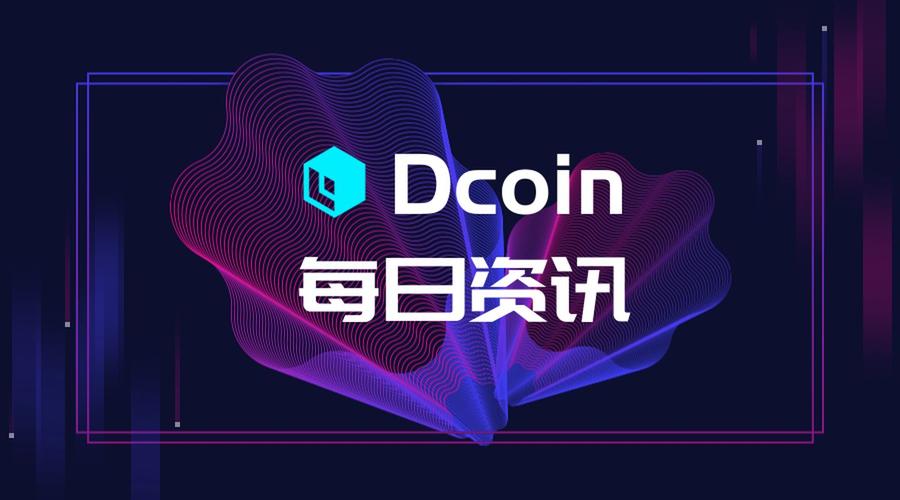Title: Social Blockchain: Revolutionizing Connectivity and Trust
Introduction to Social Blockchain
Social blockchain refers to the integration of blockchain technology into social networking platforms, aiming to enhance security, privacy, and decentralization in social interactions. By leveraging the immutable and transparent nature of blockchain, social blockchain platforms seek to redefine how individuals connect, share information, and interact online. This innovation holds the potential to address various challenges faced by traditional social networks, including data breaches, privacy concerns, and centralized control over user data.

Key Features of Social Blockchain
1.
Decentralization:
Unlike centralized social networks where a single authority controls user data, social blockchain platforms operate on decentralized networks, eliminating the need for intermediaries and providing users with more control over their data.2.
Security:
Blockchain's cryptographic algorithms ensure the security and integrity of data stored on the network. Through encryption and consensus mechanisms, social blockchain platforms mitigate the risk of data breaches and unauthorized access.3.
Privacy:
Users on social blockchain platforms can maintain greater privacy by controlling who can access their data and interactions. Through features like zeroknowledge proofs and selective disclosure, individuals can share information selectively without compromising their privacy.4.
Transparency:
The transparent nature of blockchain ensures that all transactions and interactions are recorded on a public ledger, fostering accountability and trust among users. This transparency reduces the likelihood of fraudulent activities and misinformation.5.
Data Ownership:
Social blockchain platforms empower users with true ownership of their data. Through decentralized identity management and smart contracts, individuals can monetize their data, choose how it is shared, and receive fair compensation for its use.Applications of Social Blockchain
1.
Decentralized Social Networking:
Social blockchain platforms offer decentralized alternatives to traditional social networks like Facebook and Twitter. These platforms enable users to connect, share content, and engage in communities without relying on centralized authorities.2.
Content Monetization:
Content creators can leverage social blockchain platforms to monetize their creations directly, bypassing intermediaries and earning rewards based on engagement and value creation. This model promotes fair compensation and transparency in the digital content industry.3.
Secure Messaging:
Social blockchain platforms integrate encrypted messaging features, ensuring endtoend security and privacy for communications. By leveraging blockchain's tamperproof infrastructure, users can communicate securely without the risk of interception or manipulation.4.
Identity Verification:
Social blockchain platforms facilitate secure and verifiable identity verification, reducing the risk of identity theft and fraud. Through decentralized identity systems, users can prove their identity without relying on centralized authorities, enhancing trust in online interactions.5.
Social Impact Initiatives:
Blockchain technology can be harnessed to support social impact initiatives, such as charitable donations, transparent supply chains, and fair trade practices. Social blockchain platforms provide a transparent and auditable framework for tracking and verifying social contributions, fostering accountability and trust.Challenges and Considerations
1.
Scalability:
Scaling social blockchain platforms to accommodate a large number of users and transactions remains a significant challenge. Solutions like layer 2 scaling solutions and sharding are being explored to improve scalability without compromising security and decentralization.2.
User Experience:
Enhancing the user experience on social blockchain platforms is essential for mainstream adoption. Simplifying wallet management, improving transaction speeds, and integrating familiar features from traditional social networks can make blockchain more accessible to nontechnical users.3.
Regulatory Compliance:
Navigating regulatory frameworks and compliance requirements poses challenges for social blockchain platforms, especially concerning data privacy and financial regulations. Collaborating with regulatory bodies and adopting privacyenhancing technologies can help address these concerns.Conclusion
Social blockchain represents a paradigm shift in how we perceive and interact with social networks. By combining the principles of decentralization, security, and privacy, social blockchain platforms offer a compelling alternative to traditional social networking models. As the technology continues to evolve and mature, it has the potential to reshape digital interactions, empower users with greater control over their data, and foster more trust and transparency in online communities.
标签: 区块链英文简称 区块链英文介绍 区块链社交软件 区块链的英文怎么说 社交区块链是什么







